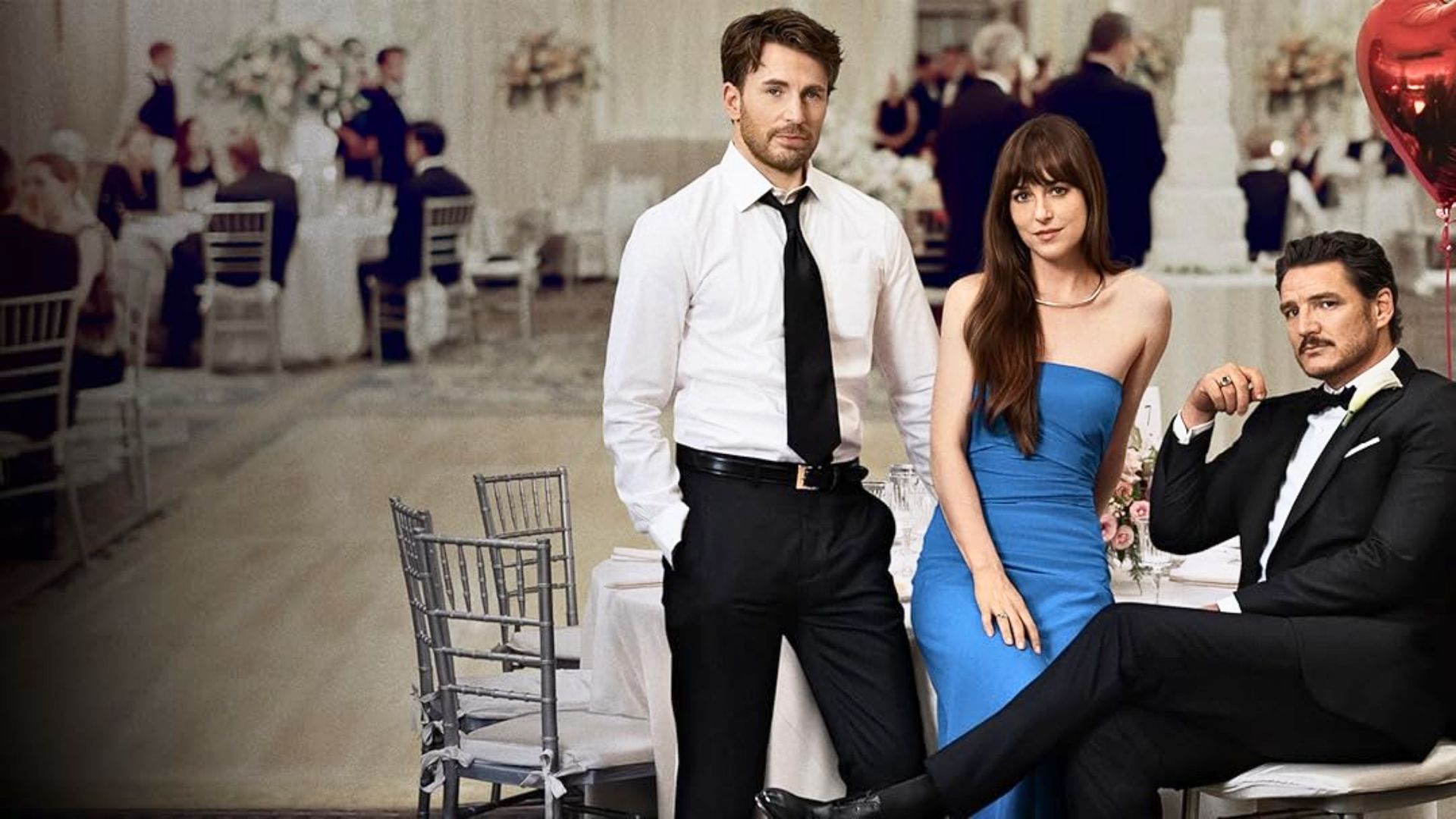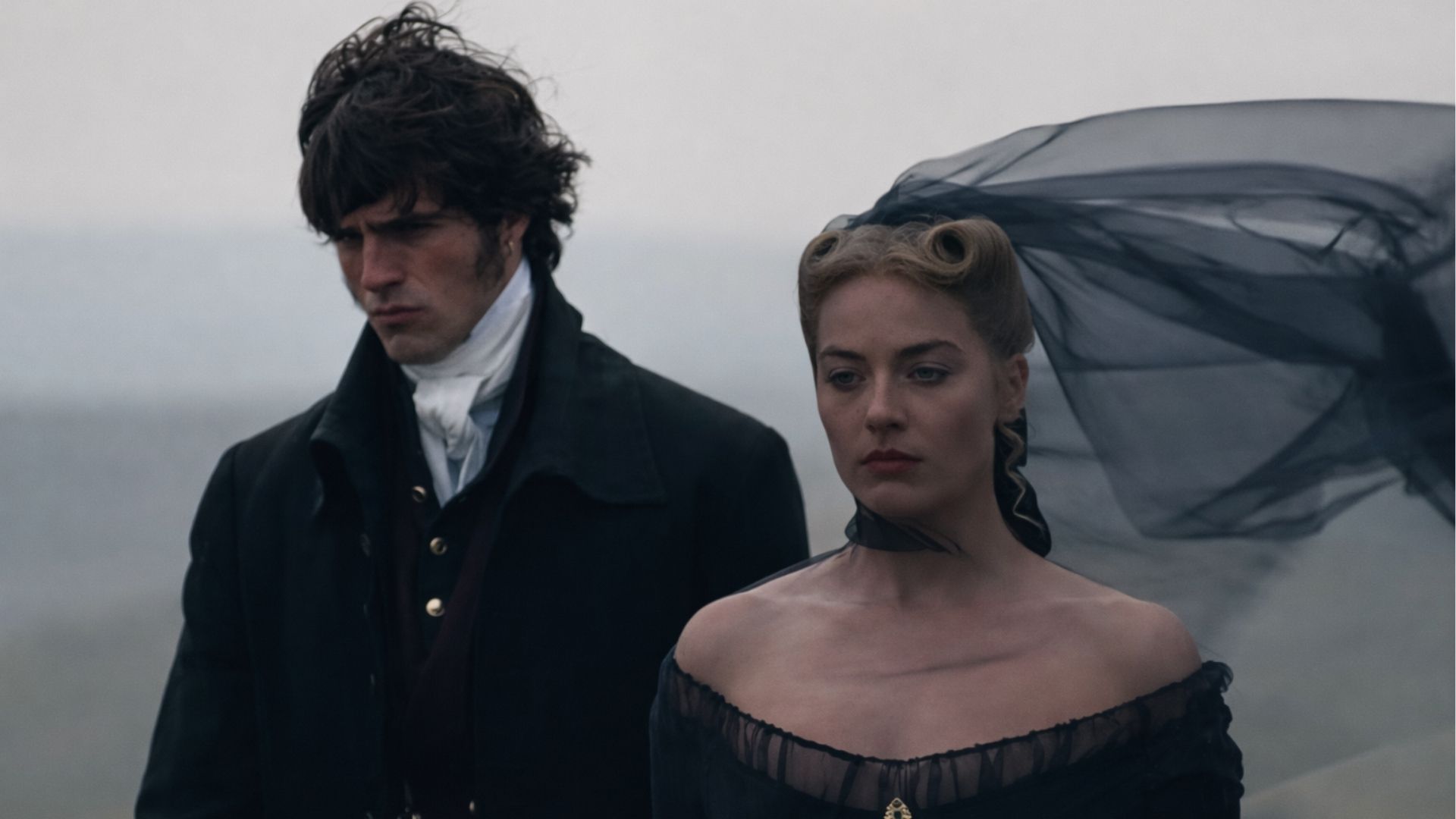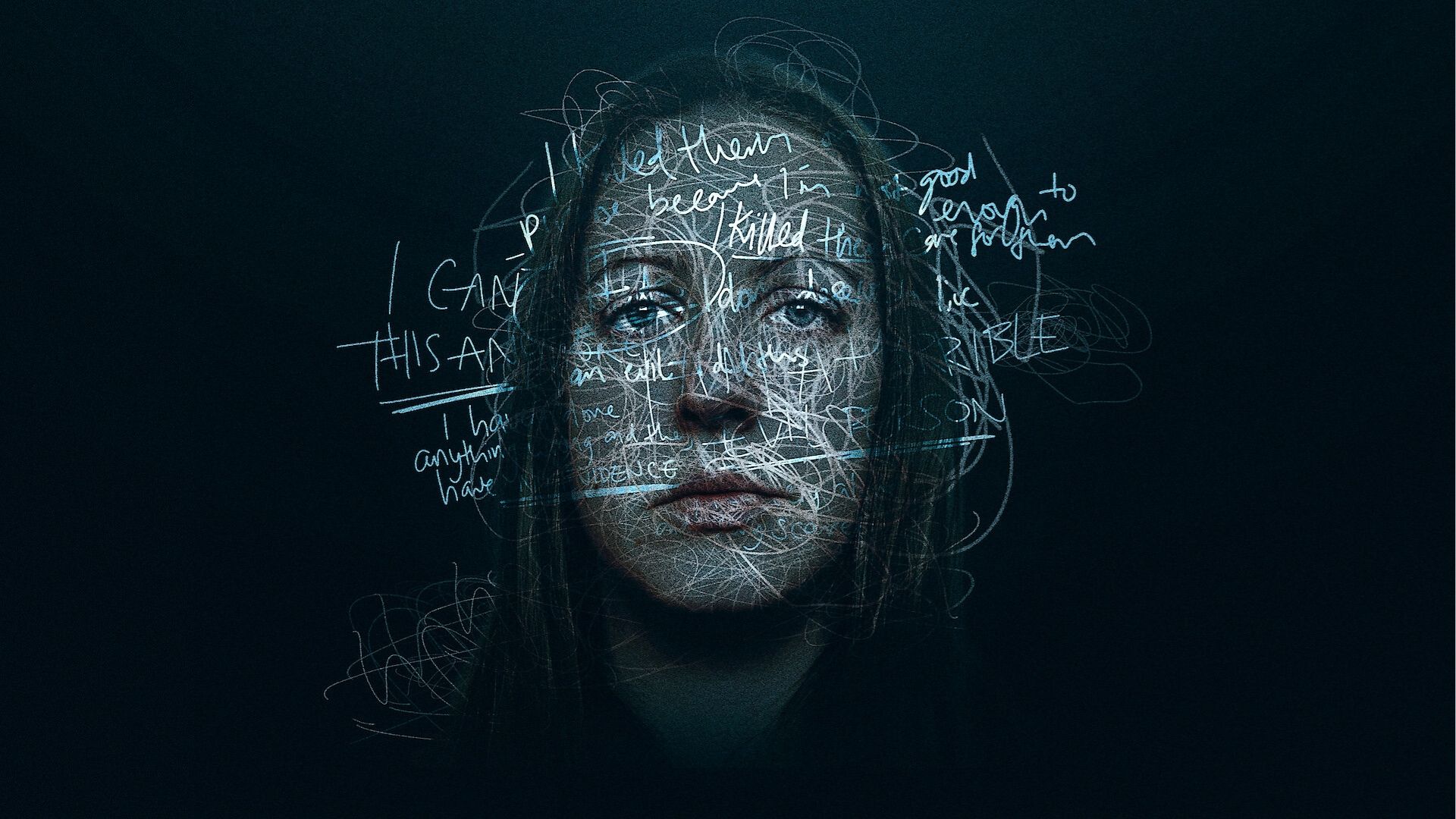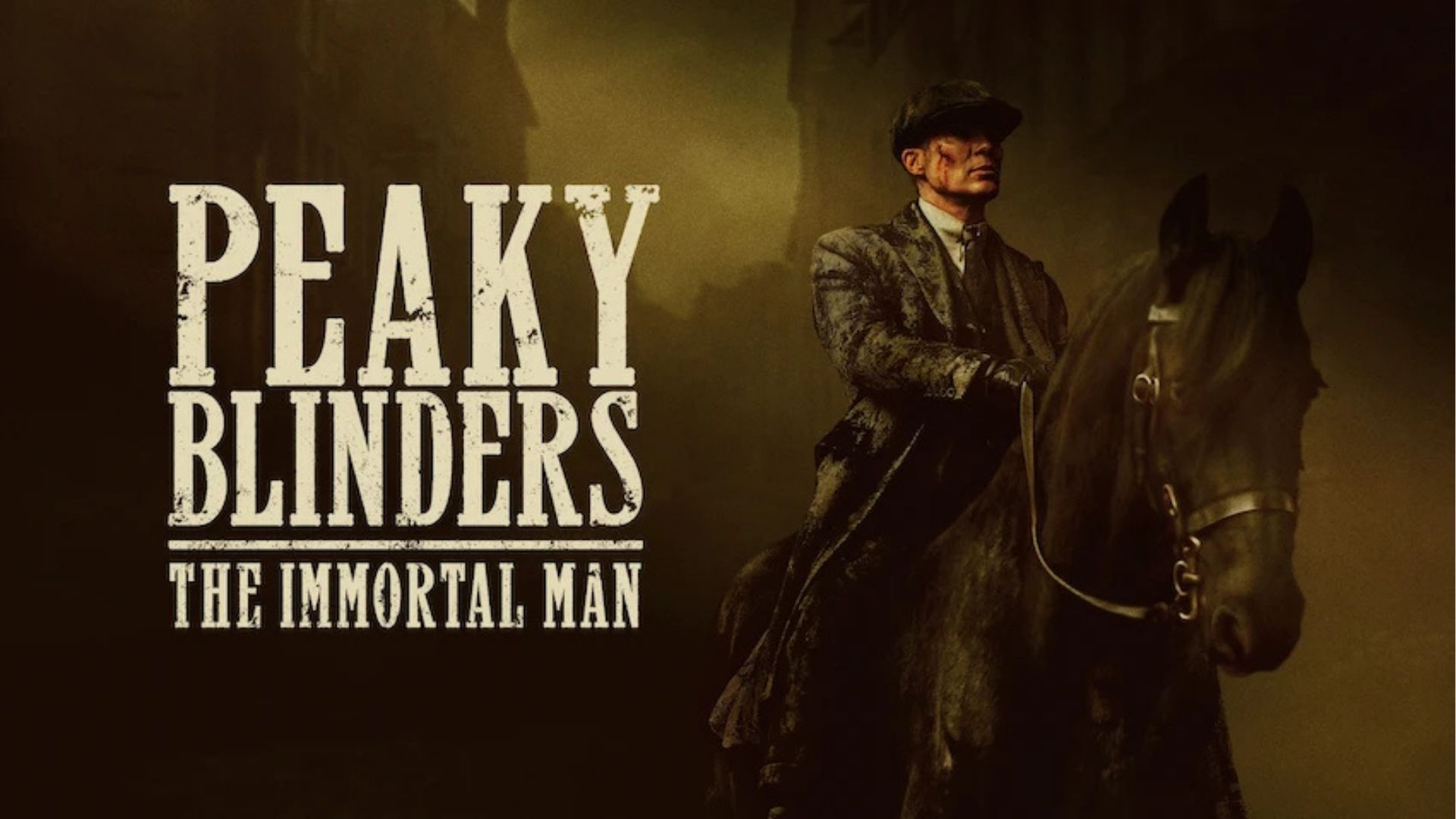In Materialists, Lucy chooses herself over Nathan and Todd, rejecting both romantic options to prioritize her own identity and growth. Her decision stems from realizing that neither relationship aligns with her authentic self, breaking free from societal pressures and her own materialistic tendencies. This choice redefines her understanding of love and self-worth.
Materialists is a 2025 romantic drama directed by Celine Song, known for Past Lives. It was released in U.S. theaters on June 13, 2025, by A24 and internationally by Sony Pictures Releasing. The film explores modern dating, class, and self-worth in New York City’s elite matchmaking scene.
Dakota Johnson stars as Lucy, a matchmaker torn between Harry (Pedro Pascal), a wealthy financier, and John (Chris Evans), her struggling actor ex-boyfriend. The story follows Lucy navigating a love triangle, a professional crisis, and her evolving views on love, culminating in her rejecting both men to embrace her own path.
Lucy Chooses Herself over Harry and John in Materialists

Lucy’s decision to choose herself over Nathan (Harry in source material) and Todd (John in source material) is a pivotal moment, driven by her realization that neither man fulfills her true desires. As a matchmaker at Adore, Lucy initially believes love is a transaction, prioritizing wealth and status. She dates Harry, a rich financier who offers luxury, and reconnects with John, her ex, whose emotional bond lacks financial stability.
A crisis unfolds when her client Sophie is assaulted by a match, Mark, exposing flaws in Lucy’s “perfect match” formula. This shakes her confidence, leading her to question her materialistic values. Harry’s lavish lifestyle, including a Tribeca penthouse, feels hollow despite their compatibility. John’s genuine love is tempting, but his financial struggles echo their past breakup. Lucy, subletting her apartment for a planned Iceland trip with Harry, finds his hidden engagement ring but realizes she doesn’t love him. She ends their relationship amicably.
Instead of returning to John, she rejects both, refusing to let romance define her. This choice, cemented in a quiet moment alone, reflects her growth toward self-acceptance. The film’s credits show couples at City Hall, including Lucy alone, underscoring her independence.
Why Does Lucy Reject Harry’s Wealth-Driven Romance?

Lucy’s rejection of Harry (referred to as Nathan in the query) stems from her realization that his wealth-driven romance lacks emotional depth. Harry, played by Pedro Pascal, is a financier with a $12 million Tribeca penthouse, described as a “unicorn” for his charm and status. Their relationship begins at a client’s wedding, where Harry flirts and courts Lucy with lavish dates. She’s drawn to his lifestyle, aligning with her belief that marriage is a business deal.
However, Harry’s revelation about undergoing height-enhancing surgery exposes his insecurities, mirroring Lucy’s own superficial values. When she finds an engagement ring before their Iceland trip, she confronts her lack of love for him. The breakup, over takeout, is mutual, as Harry admits their connection is superficial. A subplot involving Sophie’s assault by a client, Mark, further highlights the dangers of prioritizing “on-paper” compatibility, pushing Lucy to reject Harry’s curated life.
This decision, filmed in New York’s vibrant settings, reflects Lucy’s shift from materialism to self-awareness. Harry later dates someone new, suggesting his own growth. The film’s cinematography by Shabier Kirchner contrasts Harry’s sterile penthouse with John’s lived-in apartment, emphasizing emotional authenticity over luxury.
How Does Sophie’s Assault Impact Lucy’s Decision?
Sophie’s assault by her match, Mark, is a turning point that forces Lucy to question her matchmaking philosophy and influences her choice to prioritize herself. Sophie, played by Zoë Winters, is a long-time client at Adore, seeking love but with high standards. Lucy pairs her with Mark (voiced by John Magaro), believing he checks her boxes. After their date, Sophie reveals Mark assaulted her, and she plans to sue Adore.
This devastates Lucy, who had championed compatibility based on wealth and status. She apologizes to Sophie, who ends their friendship, accusing Lucy of negligence. This crisis, set against Lucy’s personal romantic struggles, exposes the flaws in treating love as a transaction. Violet, Lucy’s boss (Marin Ireland), promises to handle the legal fallout, but the incident leaves Lucy disillusioned. Filmed in Adore’s cramped Manhattan office, the subplot underscores the darker side of Lucy’s career.
Sophie’s trauma, revealed mid-film, shifts Lucy’s perspective, making her reject both Harry’s wealth and John’s familiarity. The film’s 86% Rotten Tomatoes score praises its handling of such heavy themes, with Winters’ raw performance amplifying the subplot’s impact. This moment catalyzes Lucy’s journey toward choosing herself.
What Role Does John’s Emotional Bond Play in Lucy’s Journey in Materialists?

John, portrayed as Todd in the query but named John (Chris Evans) in the film, offers Lucy an emotional connection that challenges her materialistic worldview but isn’t enough to sway her final choice. John, a struggling actor and caterer, reconnects with Lucy at a client’s wedding where he’s working. Their past relationship ended due to financial strain, but their chemistry reignites through nostalgic talks. John’s modest life, sharing a cramped apartment with roommates, contrasts Harry’s opulence.
After Lucy ends things with Harry, she stays with John, as her apartment is sublet. They travel upstate, share a kiss at a wedding, and John confesses his enduring love, proposing with a daisy ring in Central Park, mirroring the film’s prehistoric opening. Lucy smiles but doesn’t accept, choosing independence over rekindling their romance. John’s genuine affection highlights what Lucy craves—authenticity—but his financial instability reminds her of past struggles.
Materialists’ New York settings, like John’s gritty apartment, ground his character in reality. Evans’ melancholic performance, praised in reviews, makes John endearing but not Lucy’s answer. Her choice to walk away reflects her realization that even true love shouldn’t define her entirely.
Read more: On Swift Horses Ending Explained: What choice does Julius make?
Follow us on Instagram and Twitter.
Arvind is a Senior Writer and Editor at Hilvaro, specializing in anime, entertainment, and pop culture. With a BSc in Transportation Technology, his passion for storytelling led him to a career in journalism. He has previously contributed to Sportskeeda and GameRant, covering anime and entertainment with a keen eye for detail.
Outside writing, Arvind loves gaming and is fond of anime, binge-watching movies and television series. He spends some of his free time listening to rock music and writing poetry. What Arvind appreciates most about pop culture is the theme that makes it more alive and engaging for this generation; thus the possibility of such content reaching readers across the globe.
Discover more from Hilvaro
Subscribe to get the latest posts sent to your email.




